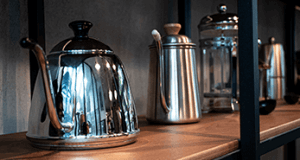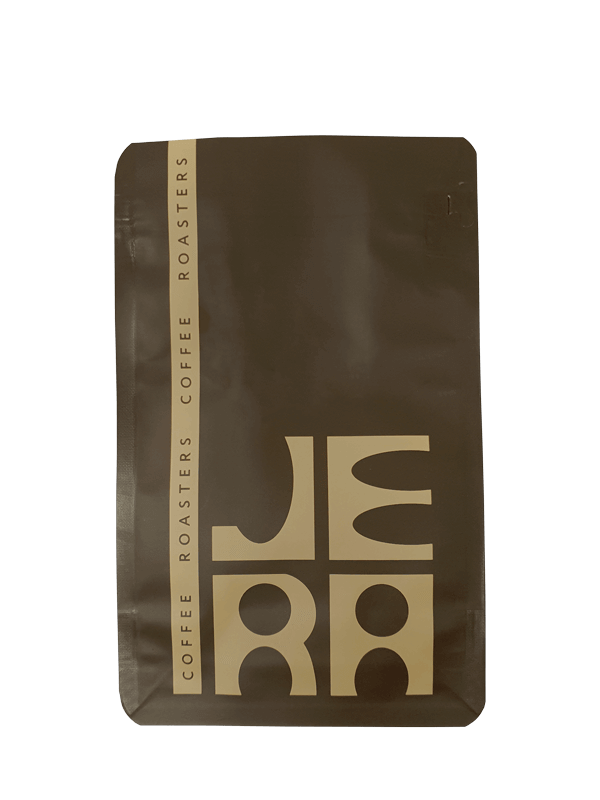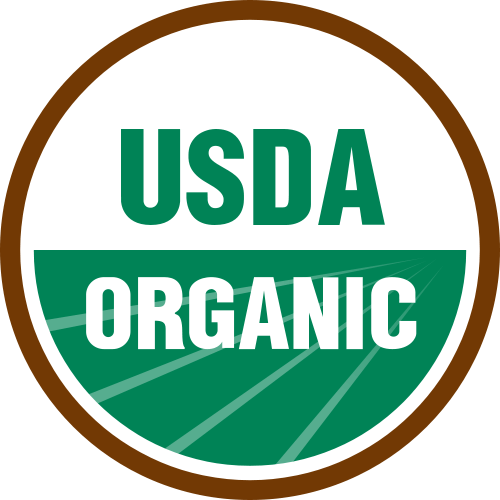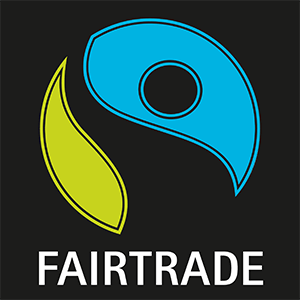קפה קלוי מקניה | Kirinyaga, Thimu wet mill
קפה מקניה ברמה גבוהה מאוד
נקי, מתוק ועסיסי עם חמיצות עוצמתית ומורכבת. הקפה לפילטר.
₪55.00 – ₪220.00
The Thimu Factory (wet mill) is one out of twelve wet mills of the Baragwi Farmers Cooperative Society in Kirinyaga in Central Kenya.
The farmers under the Baragwi Cooperative in Kirinyaga are located on the slopes of Mount Kenya and, together with the neighbouring region Nyeri, this area is known for coffees with the most intense, complex, and flavour-dense cup profiles worldwide.
Wet mill: Thimu Factory
Region: Kirinyaga
Altitude: 1600 – 1800 masl
Producers: 3000 smallholders in the surrounding areas deliver cherries to the wet mill.
Varietals: Mainly SL34 (90%), SL28, K7 and Ruiru 11 counts for the rest.
Production: All coffees are pulped, dry fermented, washed and sundried
The description that follows is pretty standard for Kenya and will apply to most of the coffees across the different wet mills and cooperatives. One outturn consists of many days of cherry delivery. The qualities can vary as even within one outturn things will vary from day to day and between picking and collections. Much depends on the weather and capacity of fermentation tanks and drying space at any given time. Dates are not entirely accurate but they are pretty much in control and are able to adapt to the current situation and condition. It is fascinating that despite the sometimes lax approach to monitoring, they deliver world class coffees
The farmers from the community harvest and pick cherries in their gardens and transport the coffee to the factory for delivery and payment. The factory pays a small advance at delivery. The remaining payment will come after the coffee is sold. The better and well-managed wet mills are able to give more than 85% of the sales price back to the farmers. That’s after the costs of milling and marketing are deducted.
Process: Cherries are hand sorted for unripes and over ripes by the farmers before they go into production.
Pulping: A 3-Disc Agaarde pulping machine removes the skin and pulp. The coffees are graded by density into three grades by the pulper. Grade 1 and 2 go separately to fermentation. Grade 3 is considered low grade.
Fermentation: The coffee is dry fermented for 18-36 hours in concrete tanks under a roof that provides shade for better temperature control during fermentation.
Washing/Grading: After fermentation the coffees are washed and again graded by density in washing channels. They are sometimes soaked in clean water overnight.
Drying: Sun-dried 12 to 20 days on African drying beds. Time depends on weather conditions. Coffees are covered under plastic during midday and at night.
In this area the flowering period is usually between February and March, following this the trees will be ready for harvest from October to December.
Soil: Mainly Nitisol, red volcanic soil. Nitisols occur in highlands and on volcanic steep slopes and have developed from volcanic rocks. Nitisol generally has better chemical and physical properties than other tropical soils.













